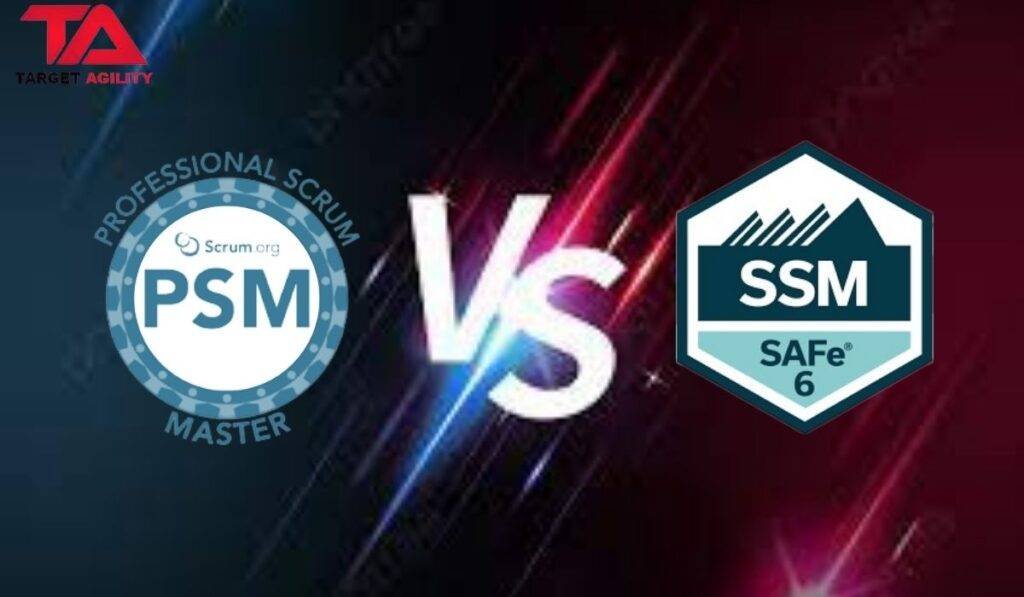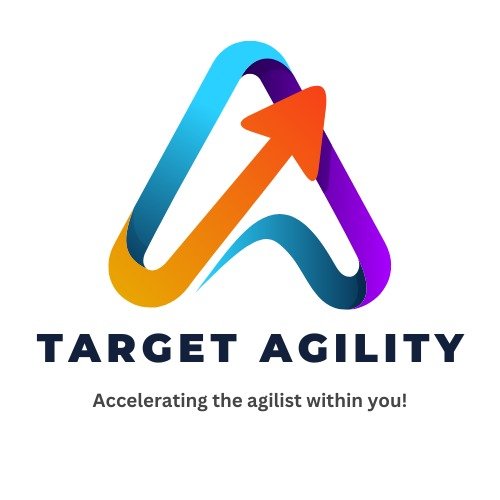PSM vs. SSM: Understanding Scrum Masters in Different Settings

Scrum is a popular way to manage complex projects. The role of a Scrum Master is crucial in making sure things go smoothly. But Scrum Masters can have different jobs depending on the setting. Let’s explore the differences between a Professional Scrum Master (PSM) and a Scaled Scrum Master (SSM) and what skills are needed for each. Professional Scrum Master (PSM) PSM is a certification for Scrum Masters who work with one Scrum Team. They help the team follow the Scrum rules and improve. Here are some key things about PSM: Scaled Scrum Master (SSM) On the other hand, Scaled Scrum Masters deal with multiple Scrum Teams and a more complex environment. They make sure these teams work together well and reach common goals. Here are some key things about SSM: Key Differences Key Similarities Skills Needed To be a good PSM or SSM, you need certain skills: Professional Scrum Master (PSM): Scaled Scrum Master (SSM): Conclusion In short, Professional Scrum Masters (PSMs) and Scaled Scrum Masters (SSMs) have different roles in Scrum and Agile. PSMs focus on one team and the basics of Scrum, while SSMs work with many teams in a more complex setting. The choice between the two depends on what an organization needs, but both need good leadership, teaching, and problem-solving skills. Whether you’re a PSM or an SSM, the goal is the same: making things better and delivering value to customers through Agile ways of working.

